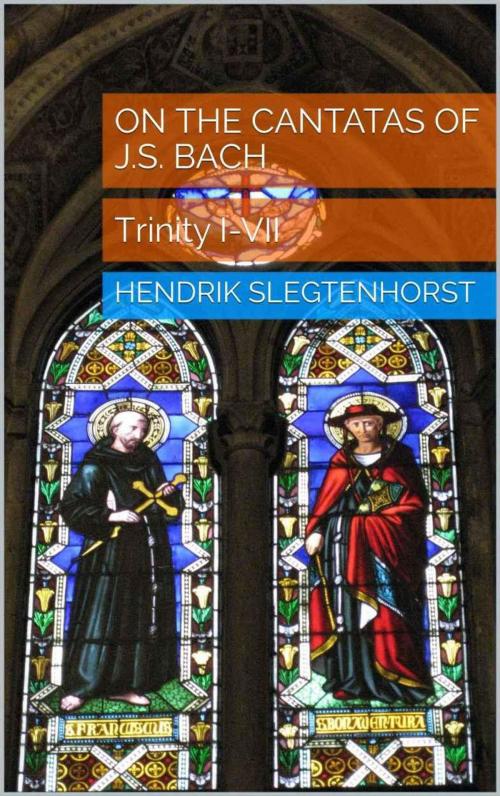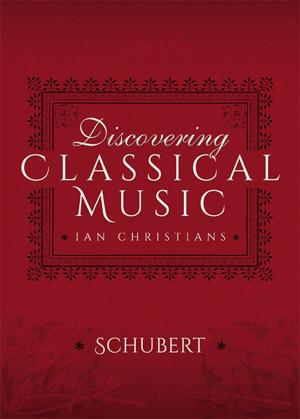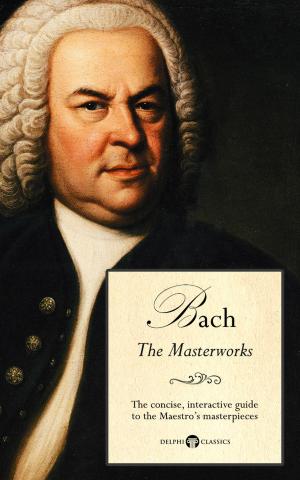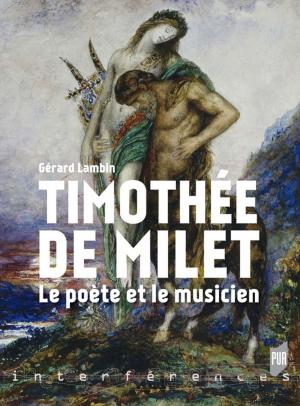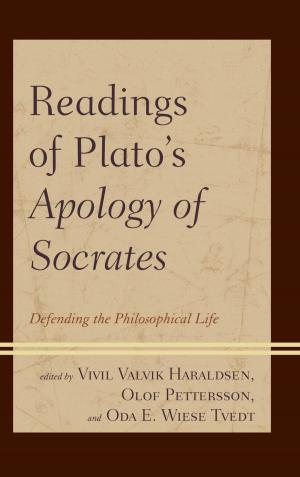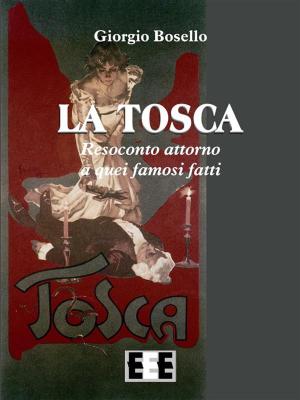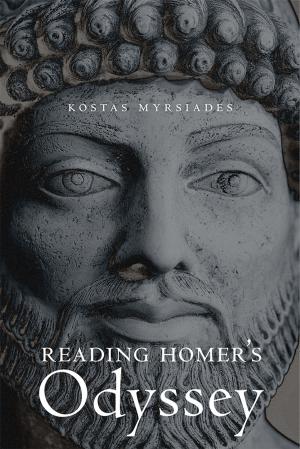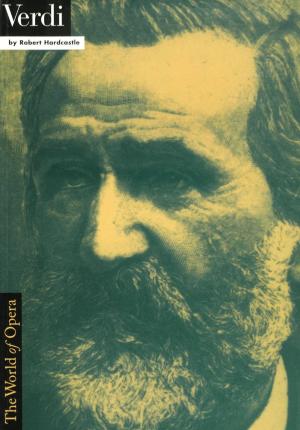On the Cantatas of J.S. Bach: Trinity I-VII
The Bach Cantatas, #1
Nonfiction, Entertainment, Music, Music Styles, Religious, Classical & Opera, Classical| Author: | Hendrik Slegtenhorst | ISBN: | 9781386918370 |
| Publisher: | Enlora Press | Publication: | February 15, 2019 |
| Imprint: | Language: | English |
| Author: | Hendrik Slegtenhorst |
| ISBN: | 9781386918370 |
| Publisher: | Enlora Press |
| Publication: | February 15, 2019 |
| Imprint: | |
| Language: | English |
Bach the composer, like many of us today, contends with fundamental human concerns such as self-worth, the courage of trust, the acceptance of death, satisfaction with life, the hope found in joy, suffering amidst the essential beauty of the world, the misery of loss, and the majesty of redemption.
Trinity I through VII, the first third of the Trinity Sundays and feast days, occurs in June and July of the Lutheran liturgical year. This part of the ecclesiastical year also includes the Feast of St. John the Baptist and the Feast of the Visitation of the Blessed Virgin Mary. Because of the latter I also include a chapter on the Magnificat.
The five topics of the human condition that these Trinity cantatas principally dwell upon encompass first, the relationship of money to morality; second, the linkage between compassion and individual salvation; third, the influence of condemnation upon the sense of redemption; fourth, the correlation of identity and the need to understand otherness; and fifth, how the sacred is invested in the secular and are, thus, identical.
There is a profound interrelationship among all art, an interrelationship that is parallel to the natural one our bodies dwell in. Determining, and thus causing, one's own thoughts creates one's own experience of reality; and the more this is so, the more one is free. This is not the Western freedom of choice—where to live, what to read, what to select—but a freedom dependent upon awareness of one's desires and aspirations.
It is often difficult for a non-religious thinker in today's world to penetrate feelingly and with conviction and psychological trust into the works of the religious; and it is equally difficult for the religious to put in abeyance their current beliefs in order to let another's religious experience, perhaps even one that is antithetical or contrary to their own, enhance and expand their understanding of how the spiritual and the mystical can work in ways that are valid, even if not, to them, theologically supportable or acceptable.
Bach the composer, like many of us today, contends with fundamental human concerns such as self-worth, the courage of trust, the acceptance of death, satisfaction with life, the hope found in joy, suffering amidst the essential beauty of the world, the misery of loss, and the majesty of redemption.
Trinity I through VII, the first third of the Trinity Sundays and feast days, occurs in June and July of the Lutheran liturgical year. This part of the ecclesiastical year also includes the Feast of St. John the Baptist and the Feast of the Visitation of the Blessed Virgin Mary. Because of the latter I also include a chapter on the Magnificat.
The five topics of the human condition that these Trinity cantatas principally dwell upon encompass first, the relationship of money to morality; second, the linkage between compassion and individual salvation; third, the influence of condemnation upon the sense of redemption; fourth, the correlation of identity and the need to understand otherness; and fifth, how the sacred is invested in the secular and are, thus, identical.
There is a profound interrelationship among all art, an interrelationship that is parallel to the natural one our bodies dwell in. Determining, and thus causing, one's own thoughts creates one's own experience of reality; and the more this is so, the more one is free. This is not the Western freedom of choice—where to live, what to read, what to select—but a freedom dependent upon awareness of one's desires and aspirations.
It is often difficult for a non-religious thinker in today's world to penetrate feelingly and with conviction and psychological trust into the works of the religious; and it is equally difficult for the religious to put in abeyance their current beliefs in order to let another's religious experience, perhaps even one that is antithetical or contrary to their own, enhance and expand their understanding of how the spiritual and the mystical can work in ways that are valid, even if not, to them, theologically supportable or acceptable.
